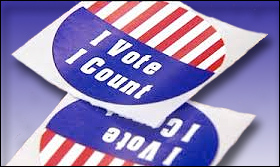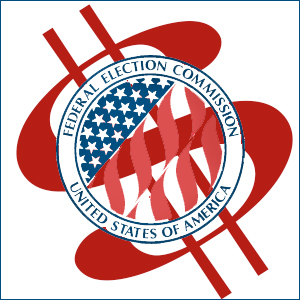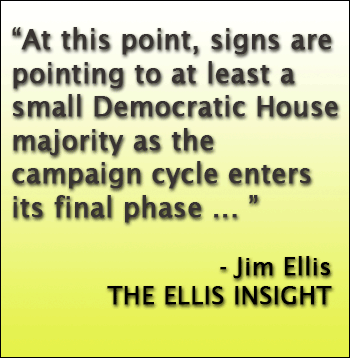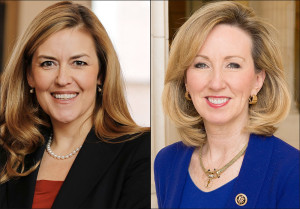
The racially charged photo compilation above appeared in the 1984 yearbook of the medical school Gov. Ralph Northam attended with his name on the page.
By Jim Ellis
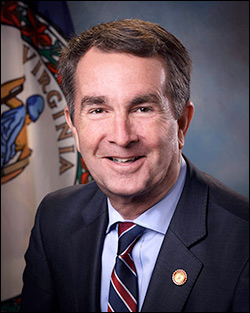
Virginia Democratic Gov. Ralph Northam
Northam defeated former Republican National Committee chairman Ed Gillespie, 54-45 percent, in the 2017 statewide election. His term will expire at the beginning of 2022.
The number of Democrats publicly opposing Northam over the publication of a racially charged medical school year book picture increased substantially over the weekend, capped by a joint pro-resignation statement issued from Sens. Mark Warner and Tim Kaine, along with House Education & Labor Committee chairman Bobby Scott (D-Newport News).
Former Gov. Terry McAuliffe, who Northam served as lieutenant governor, and Congressional Black Caucus member Donald McEachin (D-Richmond) also joined the chorus of detractors in addition to Democratic National Committee chairman Tom Perez, former Vice President Joe Biden, several other presidential candidates, and ex-Virginia Gov. Doug Wilder, the state’s first African American governor who was elected in 1989.


